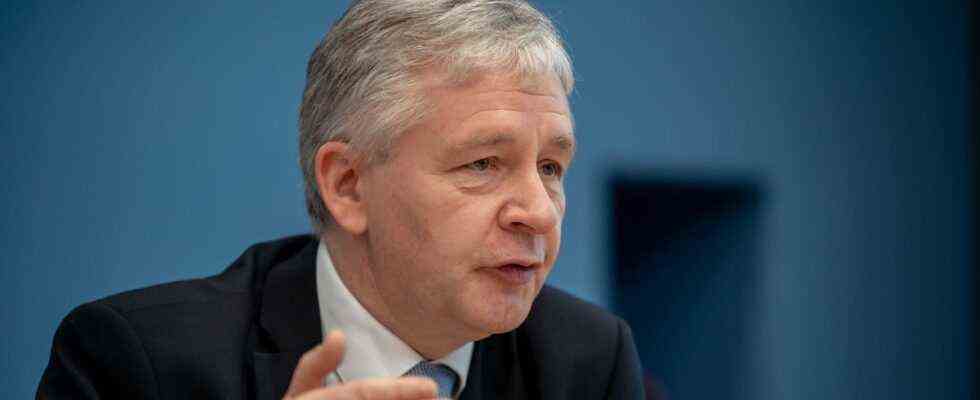Friday, December 03, 2021
“For lowering infections”
Experts call for bans on contact for vaccinated people
Strict contact restrictions for unvaccinated people are to apply nationwide in the future. For those who have been vaccinated, however, there are no bans on private gatherings. According to experts, this would have to change in order to break the fourth wave.
After the latest federal and state resolutions to combat corona, several experts are calling for the introduction of contact restrictions for vaccinated people as well. “We need clear contact restrictions, currently actually best for everyone,” said the President of the German Interdisciplinary Association for Intensive and Emergency Medicine (Divi), Gernot Marx, the newspapers of the editorial network Germany (RND). Marx also referred to the potential danger posed by the newly discovered Omicron variant of the corona virus. “We just don’t know enough about the new virus variant. We cannot rule out the possibility that the vaccines may have a reduced effect. Because of this lack of knowledge, it is imperative to be particularly careful,” he warned.
Top representatives from the federal and state governments decided in the afternoon, among other things, that uniform nationwide contact restrictions will be introduced for people who have neither been vaccinated against corona nor have recovered from corona disease. Meetings are then limited to your own household and a maximum of two people from another household, with the exception of children up to 14 years of age.
“It is a mistake to rule out contact restrictions for vaccinated people,” said virologist Klaus Überla to the RND newspapers. “Because almost half of the symptomatic infections now occur in people who have been vaccinated. The people who are vaccinated play a considerable role in the spread of the virus.”
The epidemiologist Hajo Zeeb from the Leibniz Institute for Prevention Research and Epidemiology also told the newspapers: “It would have been better to impose contact restrictions for everyone, including those who have been vaccinated and those who have recovered. This could be checked more easily and at the same time better ensure a decrease in infections . ” Alternatively, a regional regulation depending on the infection rate would also make sense, added Zeeb. Contact restrictions for everyone in hotspot regions could lower incidences more reliably.
A fireworks ban on New Year’s Eve was also agreed at the federal-state round, similar to the regulation last year. Intensive care physician Marx welcomed this. “A lot of people come into contact with each other on New Year’s Eve and when there are firecrackers on the street,” he said. “It should be avoided this year in order not to drive the infection numbers up even further.” For the emergency doctors in the emergency rooms, New Year’s Eve without fireworks is also a relief, because many people would be injured by fireworks and could end up in the hospital, Marx said. “The ban will save capacity.”

